Are you dreaming of buying your own home but feel overwhelmed about saving up for it? Don’t worry, it’s not as hard as it seems. Saving enough for a house is definitely achievable, especially when you have the right guidance and tools at your disposal.
If owning a home is your goal, don’t let anything hold you back. I’m here to share some practical and effective strategies on how to save for a house. These tips will help you turn your dream of homeownership into a tangible reality, step by step.
Table of Contents
ToggleHere Are Some Tips on How to Save for a House:
1. Keep Your Budget on Track With a Reliable Real Estate Agent

If you’re looking to save up for a house, one of the first and best things you can do is to find a reliable real estate agent.
A good real estate agent can help you begin creating your homebuying plan. They will draft a comprehensive strategy not only to guide you through the home-buying process but also to help you save money effectively for your house purchase. They’ll provide advice on the best loans and mortgages, recommend reliable mortgage brokers for pre-approval, and ultimately assist you in finding your dream home.
Contact a real estate agent today.
2. Take a Closer Look at the Costs and Your Expenses
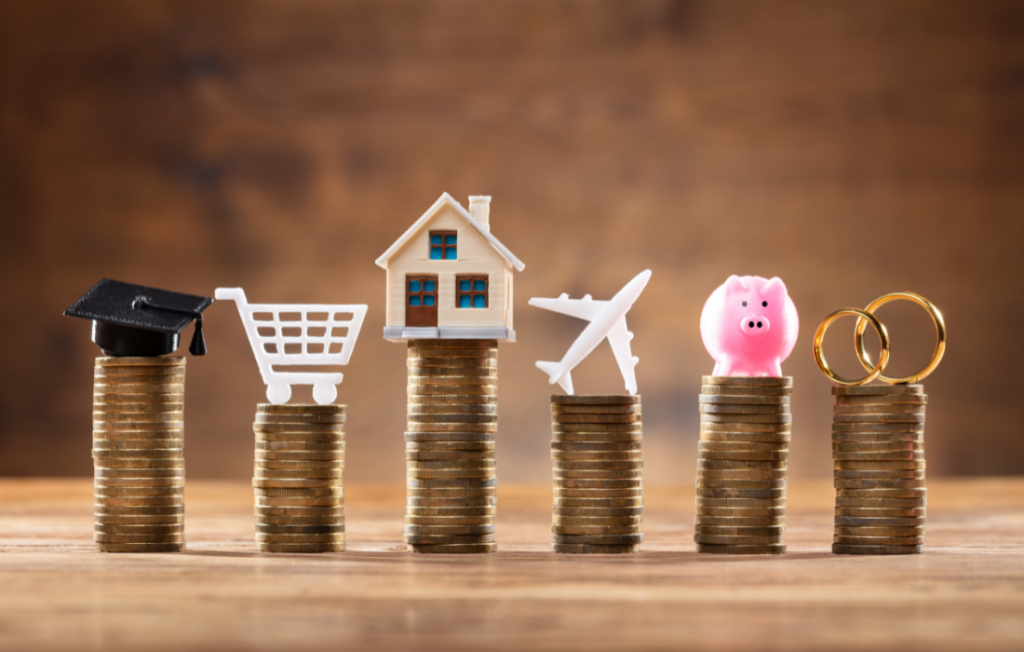
Starting to save for a house begins with understanding the total cost. Knowing this helps you set a clear savings target and plan how much to save each month.
Remember, buying and owning a home involves various expenses. You’ll need a significant sum for the down payment, closing costs, monthly mortgage, property taxes, insurance, and maintenance.
Review your budget to see where you can reduce spending to save effectively. Opening a separate savings account for your down payment and adding to it regularly can speed up your progress. Below is a breakdown of the costs to give you a clearer picture:
Down Payment
A down payment on a house typically ranges from 3-20%, so you’ll need to factor that into your savings goal. For example, if you’re looking at a $700,000 home, you’ll need to save $140,000 in the worst-case scenario. But no worries, we are here to guide you and help you find the lender with the lowest rate.
Side note: when you are buying a house, the bank will require you to have what you have saved for your down payment in your bank account for at least two months in a row.
In Massachusetts, there are several down payment assistance programs and loan options available, especially for first-time homebuyers:
-
MassHousing Assistance Programs
MassHousing offers up to $50,000 in down payment assistance. Eligible homebuyers in 29 select communities can receive up to $50,000 and up to $30,000 in every city and town in Massachusetts. The organization also provides mortgages that can be paired with down payment assistance, requiring homebuyer education courses, meeting credit score minimums, and other eligibility requirements.
-
ONE Mortgage Program
The Massachusetts Housing Partnership’s ONE Mortgage program offers competitive fixed rates with a 3% down payment and allows the use of down payment assistance money. This program doesn’t require private mortgage insurance (PMI), even with less than 20% down.
-
Government-Backed Loans
- FHA Loans: These loans, backed by the Federal Housing Administration, require a 3.5% down payment and a minimum credit score of 580.
- VA Loans: Available for veterans and active-duty service members, reservists, and National Guard members, offering zero down payment and varying credit score requirements, usually around 620.
- USDA Loans: Aimed at low-to-moderate income buyers in designated rural areas, these loans also offer zero down payment. Credit score requirements often start at 640. Learn more about USDA loans here.
-
Conventional Loans
These loans are a popular choice for homebuyers and typically require a down payment of 5%. These loans are not backed by a government entity (like FHA, VA, or USDA), and they offer flexibility in payment and terms.
Bonus: there are assistance programs that can help you pay zero down payment. Contact me if you’d like to learn about those.
Closing Costs
In addition to the down payment, you’ll also need to factor in closing costs, typically 2-5% of the home’s purchase price. The closing costs include all the paperwork to buy the house, the title, and other expenses to get you a mortgage.
In some cases, you may be able to include the closing costs in the principal. This is good because you don’t have to save for it altogether. In this case, you’ll pay it in your monthly mortgage payments.
Side note: the down payment assistance programs sometimes also help cover closing costs.
Repairs and Furnishing
You’ll also need to factor in the cost of furnishing and repairs/updates you may want to make to the home. Depending on the size and condition of the house, you could be looking at several thousand dollars in these costs.
Saving for a house doesn’t have to be complicated – with a little planning and discipline, you can reach your goal in no time!
3. Tighten Your Spending
When saving for a house, you must be mindful of your spending. Make sure you’re putting enough money away each month to reach your goal. Also, consider making some cutbacks in other areas of your budget. For example, you might want to reduce the times you order delivery or eat at a restaurant.
I recommend you analyze all your monthly expenses and find where you’re spending more money. Maybe it isn’t in food delivery, but it is in online shopping. Set a budget for yourself and stick to it. For example, if you’re currently spending $300 per weekend you go out, try to cut it down to $200.
If you commit to staying within your budget, you’ll see how much more money you’ll have at the end of the month. I can guarantee that you can greatly impact your savings by making small changes like these.
Once you have your spending under control, you can start to focus on saving. One of the best ways to do this is to set up a dedicated savings account for your house fund and make regular deposits.
If you’re serious about saving for a house, these are just a few things you can do to make it happen. By cutting your expenses and boosting your savings, you can give yourself a much better chance of achieving your homeownership goals. Keeping track of your spending for a month will allow you to find other ways to reduce expenses.
4. Increase Your Earnings

There are many ways to make extra income; one option is to take on a side gig or a second job. Your side hustle can be something you enjoy doing. When coming up with ideas, start with activities you already like to do.
You could start a blog, walk dogs, or become a freelance writer or graphic designer. You could create a home repair business if you’re handy with tools. The possibilities are endless.
Putting any extra money you make toward your savings goal is important. Even if you can only save a little bit each month, it will add up over time. And the more you can save, the sooner you’ll be able to reach your goal of buying a house.
Still not convinced that starting a side hustle is worth your time? Let’s do the math. If you start a side hustle and put in 10 hours a week, making $18 an hour, you’ll have an extra $135 per week – approximately after taxes! Keep that up; you’ll have around $14,000 for your down payment savings in just 24 months. That’s pretty impressive. What do you think?
5. Automate and Optimize Your Savings
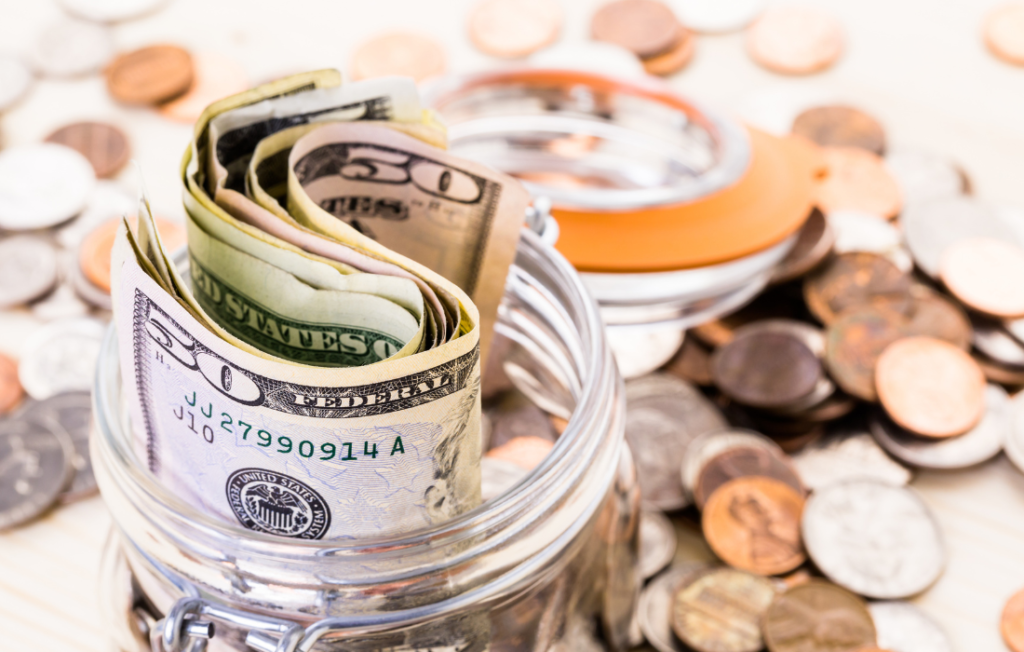
There’s no magic number for how much you need to save for a house, but you can do a few things to make the process easier. Automating your savings can help you reach your goal sooner, and optimizing your savings can help you get the most out of your money.
Start by setting up a dedicated savings account for your house fund. Then, set up automatic monthly transfers from your checking account to your savings account. The amount you transfer should be based on your budget and your goal. For example, if you want to save $20,000 in two years, you’ll need to save $833 per month.
Setting up an automated savings plan is a great start!
Ways to boost your savings even more
- Earn More From Your Savings: Find a savings account or a certificate of deposit (CD) that offers a good interest rate. This way, your money grows over time.
- Save Extra Cash: Whenever you receive extra money, like a work bonus or a tax refund, put it into your savings. It’s a great way to save without affecting your regular budget.
- Reduce Your Expenses: Look for ways to spend less day-to-day. This could mean shopping for deals, cutting back on unnecessary purchases, or finding cheaper alternatives for services you use.
- Review and Adjust Regularly: Check your budget and savings every few months. See if you can increase your savings rate or if there are new ways to cut costs.
- Set Savings Goals: Having specific goals, like saving for a vacation or an emergency fund, can motivate you to save more.
- Make Use of Technology: Use budgeting apps to track your spending and find areas where you can save money.
- Avoid Impulse Buys: Wait a day or two before making big purchases to ensure they’re really necessary.
By following these steps, you can make your savings grow faster and reach your financial goals more efficiently.
6. Consult a Mortgage Expert

Consult a mortgage expert for informative and professional advice on how your home down payment will affect your mortgage. An excellent mortgage company will help you understand your options and work with you to ensure you get what’s best for you.
They can help you figure out how much you’ll need to put down based on the type of loan you’re looking for and the price of the home you’re interested in.
Once you have a down payment saved, you’ll need to start shopping for a home.
BONUS: Our recommended home savings strategy
After analyzing all your expenses and setting your monthly budget, you should have the total costs each month. To make your saving process more effective, we recommend you try to have three times that amount in your account.
For example, if you have $1,500 in monthly expenses, try to have $4,500 in your account. After doing that for 3 to 6 months, you can allocate a percentage to save for down payment costs and taxes for the house. By doing this, you’ll get to your goal faster than you think.
Our team at Real Estate Juan C can point you in the right direction regarding home savings tips to prepare you to buy your house sooner than you think. Get in touch with us to learn more by clicking here.
You can also call us directly anytime at (617)729-2967.
Let’s connect directly on WhatsApp
This article was last updated on November 29th, 2023.



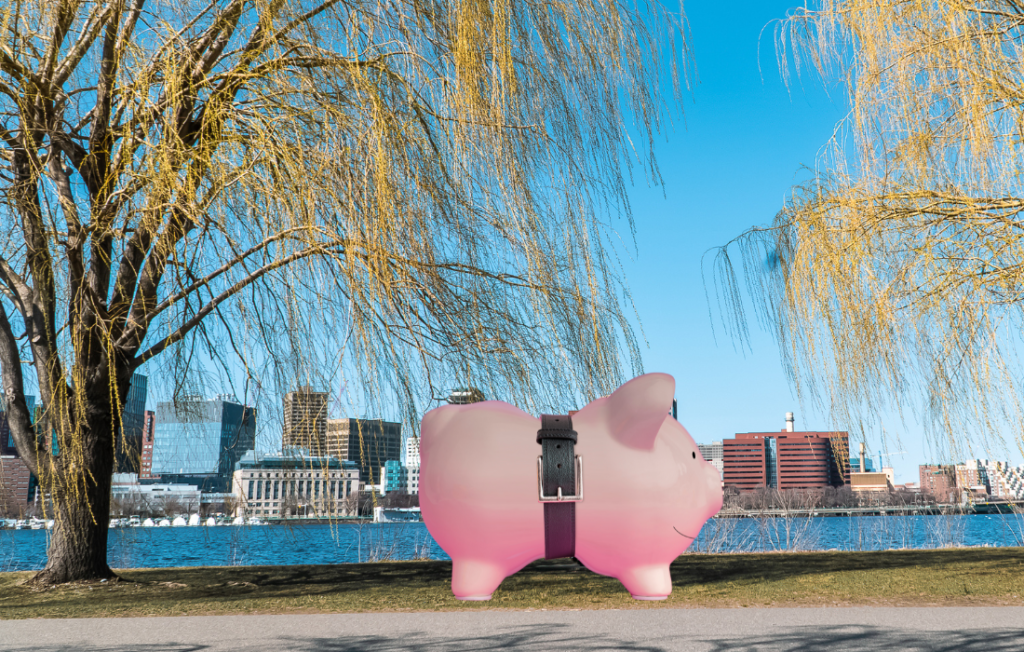


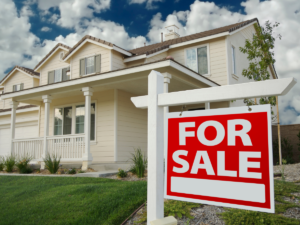
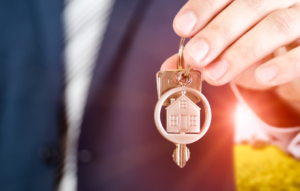

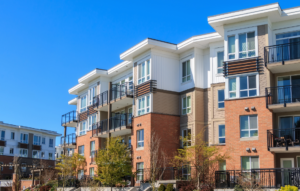


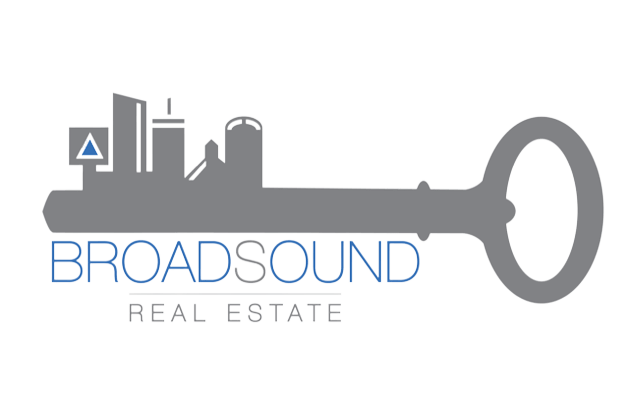


![eBook How to Increase Home Value [7 Simple Ways]](https://realestatejuanc.com/wp-content/uploads/2022/03/FORMAS-WAYS-TO-INCREASE-YOUR-HOME-VALUE.png)
2 thoughts on “How to save for a house: The home savings tips you should know”
Pingback: FHA vs. Conventional Loans: What Is the Best Option for You?
Pingback: FHA vs. Conventional Loans: Which Is the Best Option for You?
Comments are closed.